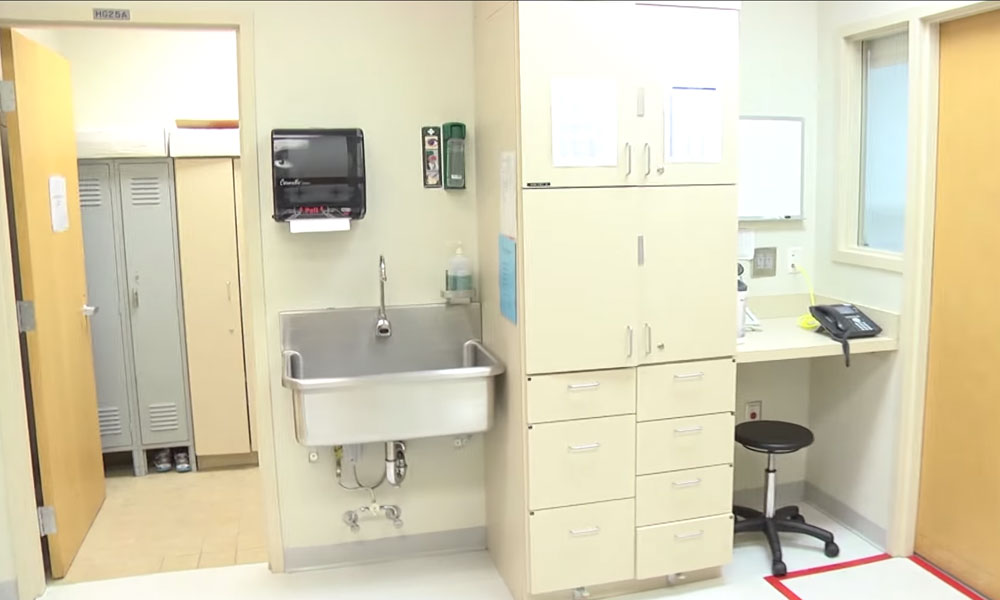
Ebola Crisis Raises Tough Sanitation Questions for Medical, Waste Groups
The recent situation involving two U.S. medical relief workers admitted to an Atlanta hospital to be treated for the Ebola virus highlighted a significant logistical problem in dealing with the disease: how to dispose of the large amounts of medical waste it creates. While that hospital was largely prepared, medical groups warn that other facilities may not be, and waste groups warn of regulatory roadblocks.
The treatment in an Atlanta hospital of two U.S. medical relief workers suffering from the Ebola virus brought a serious logistical problem to light: how to dispose of the large amounts of medical waste the treatment creates. Medical groups warn that many hospitals may not be prepared, and a waste industry association cites regulatory roadblocks.
Last month, Emory University Hospital in Atlanta had a problem without precedent: The hospital had medical waste so dangerous that it couldn’t get its waste hauler to pick it up.
The waste was from treatment of two patients recovering from the Ebola virus at Emory after contracting the disease in West Africa. The situation raised significant logistical issues that have medical and waste industry groups concerned that U.S. hospitals may not be ready to treat the disease on a wider scale in the U.S., should that become necessary. More details:
A well-equipped facility: Emory University Hospital is one of the few U.S. facilities equipped to handle patients with illnesses like Ebola. Its Serious Communicable Disease Unit, set up in partnership with the U.S. Centers for Disease Control and Prevention (CDC), allows for a high level of isolation for patients. (A tour of the facility, shot after the hospital discharged the two Ebola patients, is shown above.) The hospital also has a number of large-scale sterilization devices called autoclaves, which can neutralize infectious pathogens in medical waste using pressurized steam.
Still, a lot of improvising: Nevertheless, the hospital struggled to contain the large amounts of waste created while treating the patients—one official estimated that treatment generated 40 bags of medical waste per day—and its waste-removal contractor, Stericycle, refused to handle the material. At one point, according to Reuters, the hospital sent staff to Home Depot to purchase dozens of 32-gallon rubber containers to hold the waste. Eventually, the CDC made a deal with Stericycle to transport the waste, an arrangement that took nearly a week to broker. Throughout the process, waste—which includes materials such as linens and personal protective gear worn by doctors—was handled consistent with CDC guidelines.
Equipment and regulatory roadblocks: Few hospitals have large-scale sterilization equipment on premises, meaning that they are unprepared to tackle Ebola treatment, said Jeffrey Duchin, MD, who serves on the Public Health Committee of the Infectious Diseases Society of America. “For this reason, it would be very difficult for a hospital to agree to care for Ebola cases—this desperately needs a fix,” he told Reuters. At the same time, conflicting federal rules about removal of hazardous medical waste complicate the problem, according to the National Waste and Recycling Association. While CDC says infectious waste can be disposed of like other biohazards, Department of Transportation regulations require that waste that may cause human harm must be transported in special packaging. A CDC spokesman told Reuters that he wasn’t aware of any containers that have been approved for Ebola-tainted waste. For now, NW&RA Communication Director Thomas Metzger said, waste disposal companies are “bound by those regulations.” CDC and DOT are reportedly working to resolve the conflict.
Emory University's medical isolation unit, where Ebola patients were recently treated. (YouTube screenshot)






Comments